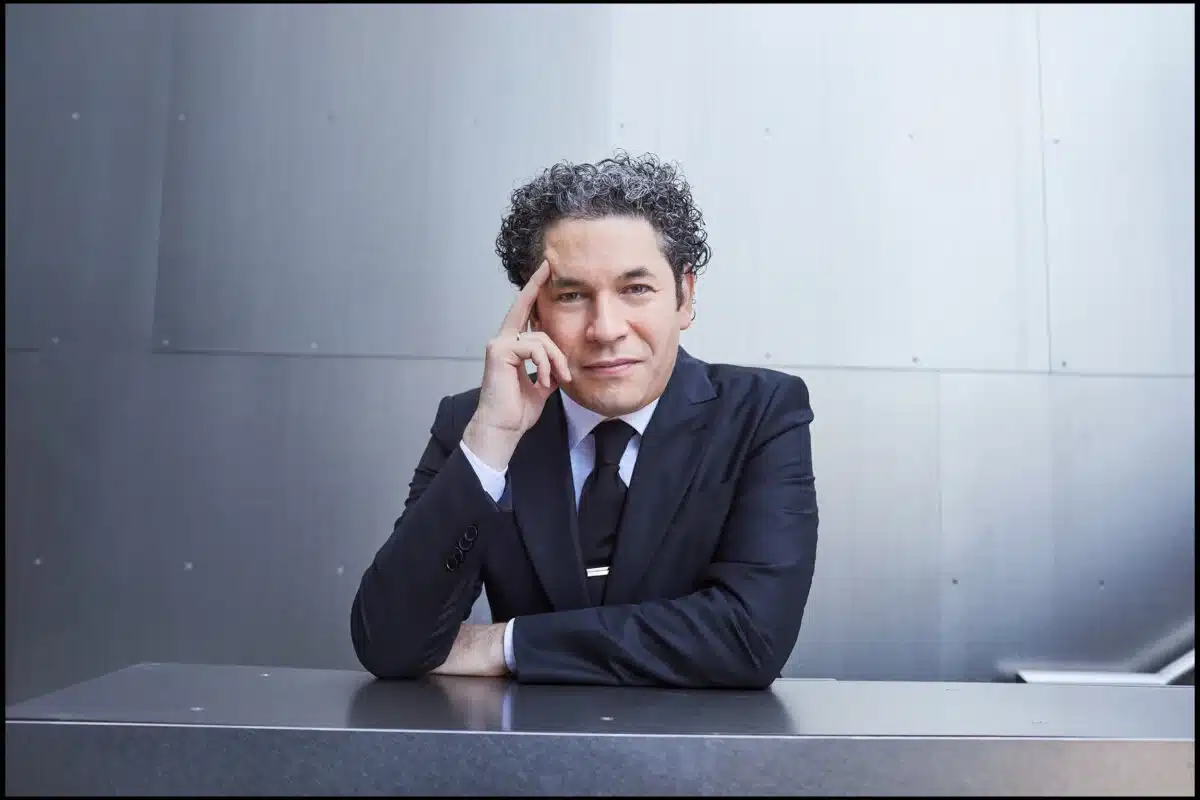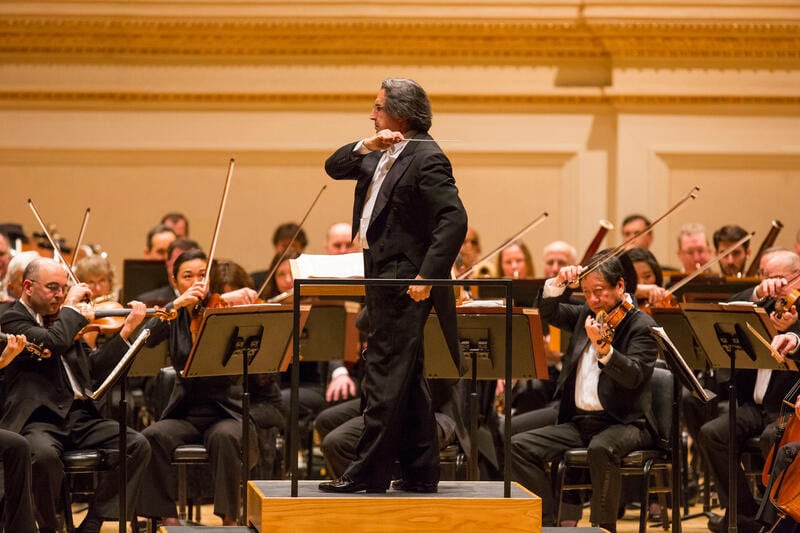What Wagner teaches us about the Prigozhin group
NewsFrom an essay by Elisabeth Braw:
… The Ring spoils the lives of valiant characters such as Siegfried, takes advantage of shady characters like Hagen and causes the heroic Brünnhilde to leap to her death out of love for Siegfried. At the end of Götterdämmerung (‘Twilight of the Gods’), which clocks in at four hours and a quarter without intervals, Brünnhilde’s selfless suicide returns the ring to the Rhine, while the gods’ dwelling goes up in flames.
Now Prigozhin, the man whose company proudly bears Wagner’s name, has staged a botched coup of his own, which resulted in him having to leave his country followed by some of his foot soldiers, whom the world has taken to calling Wagnerites. And there’s something distinctly Ring-like about Prigozhin’s rise and fall. He owed his staggering prominence of recent months to a ring: participation in a brutal war that brought him great power and influence. But the ring was cursed, as he knew from the beginning, and the more the ring enabled his rise, the more it was going to cause his downfall – because games of power and influence always end with the brutal end of one of the parties….
Read on here.






“In one Ring production I saw, the stage director added a positive ending to Twilight of the Gods: a tree sapling rising from the ground. Such optimism was not Wagner’s intention”: Mrs Braw clearly doesn’t know the Ring very well (her summary and her Wagner PC comparison are rather sophomoric as well) and in any case she missed the closing bars which convey exactly this message in a breathtaking way.
Yes, I suppose Richard Wagner will get blamed for this all-too-human folly as well. (future) Star wars? . . . . Wagner’s fault.
Apparently Prigozhin *did* name his group after Richard Wagner. Now, I realize that this is hardly Wagner’s personal fault. And yet, it is not entirely accidental that megalomaniacs are always drawn to Wagner and never to Haydn. I don’t think that Prigozhin thought long and hard whether to name his bunch of criminal thugs the
“Haydn Group”.
Well if Prigozhin is smart, he’s gone into Haydn.
My god, this is embarrassingly stupid
If memory serves, Tanner, Newman and Wapnewski have identified “Rienzi” as AH’s “favorite” amongst Wagner’s stage works. Many readers know how that one ends and can draw parallels to the late April and early May of 1945 events in the Berlin bunker. That said: I am still failing to grasp why a group of combat-hardened mercenaries (many are well trained and motivated professional soldiers, not simply crazed thugs with firearms), principally of Slavic ancestry, are named after Richard Wagner, the epitome of musical teutonism. What am I missing? It is evident that their leader/commander is not initiated in German music, and even less an avid listener of Wagner’s oeuvre. Could this ruthless man also be a friend of Maestro Gergiev and is it here where the beginnings of an answer to my inquiry lie?
Looking forward in hearing Putin’s duet with Prigozhin.
Fanciful … to say the least. The English equivalent of the fairly common German name Wagner is Carter, so I suppose Jimmy must have a lot to answer for too.
Well, there’s a much more accurate historical correlation to the rise and fall of a society and its leader, its Götterdämmerung as it were, but we won’t mention it. A sad and horrific story, but the aftermath has been mostly very positive. Let’s hope it continues.